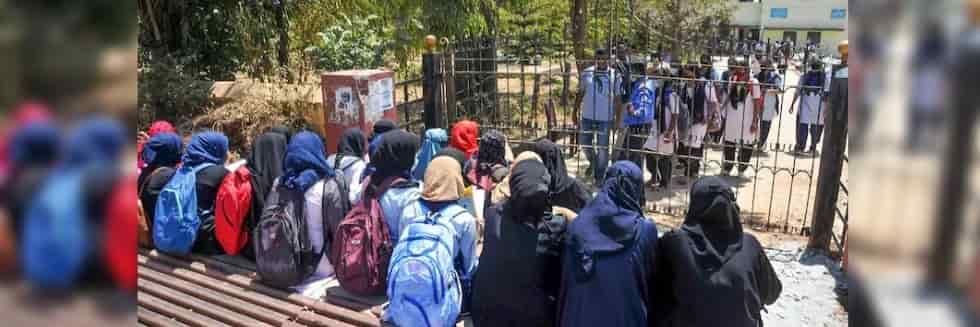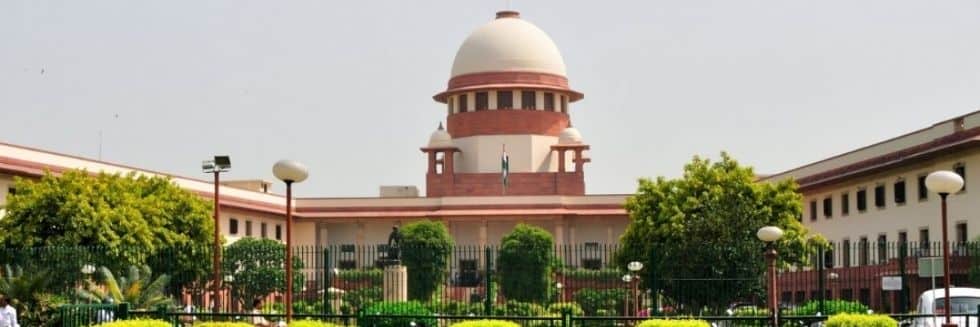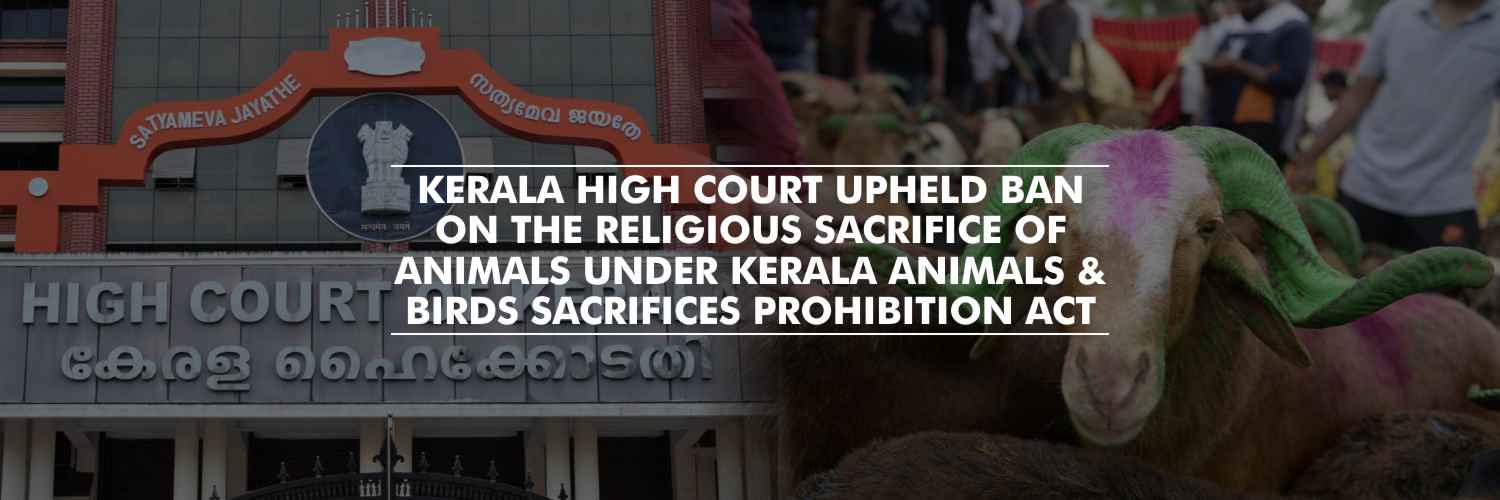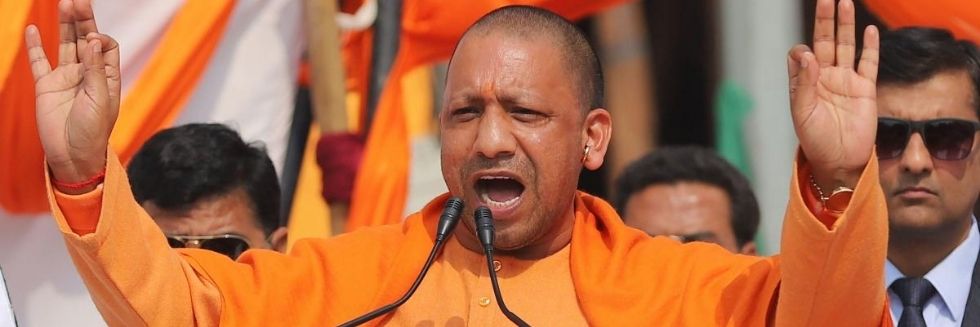Upholding the hijab ban, Karnataka High Court has dismissed all the petitions filed by Muslim girl students. The Full Bench of the High Court noted that wearing a hijab is not an essential religious practice in Islamic faith and therefore, is not protected under Article 25 of the Indian Constitution.
“Prescription of uniform is a reasonable restriction on fundamental rights,” the bench noted.
Taking note of the situation, Section 144 of CrPC has been imposed in Bangalore and other parts of Karnataka. Gathering, agitation, protest or celebrations in public places has been prohibited till March 21.
Four Questions Framed By Karnataka High Court
The Full judge bench comprising Chief Justice Ritu Raj Awasthi, Justice Krishna S Dixit and Justice JM Khazi was hearing a batch of pleas on a day-to-day basis over the last two weeks.
The petitioners were seeking permission to wear hijab in educational institutions.
- Whether wearing hijab is Essential Religious Practice in Islamic faith protected under Article 25
- Whether prescription of school uniform is violative of rights.
- Whether GO of Feb 5 apart from being incompetent and manifestly arbitrary violates Articles 14 and 15
- Whether any case is made out for issuance of disciplinary inquiry against college authorities.
The bench addressed the questions step by step.
“We are of the considered opinion that wearing of hijab by Muslim women does not form a part of essential religious practice in Islamic faith. The answer to second question is, we are of the considered opinion that the prescription of school uniform is only reasonable restriction constitutionally permissible which the students cannot object to. The answer to third question is, in view of above we are of the considered opinion that the government has power to issue the impugned government order dated 5-02-2022 and no case is made out for its invalidation. The answer to fourth question is, we are of the considered opinion that no case is made out in WP 2146/2022 for issuance of a direction for initiating disciplinary enquiry against respondents is rejected being not maintainable,” the bench said.






